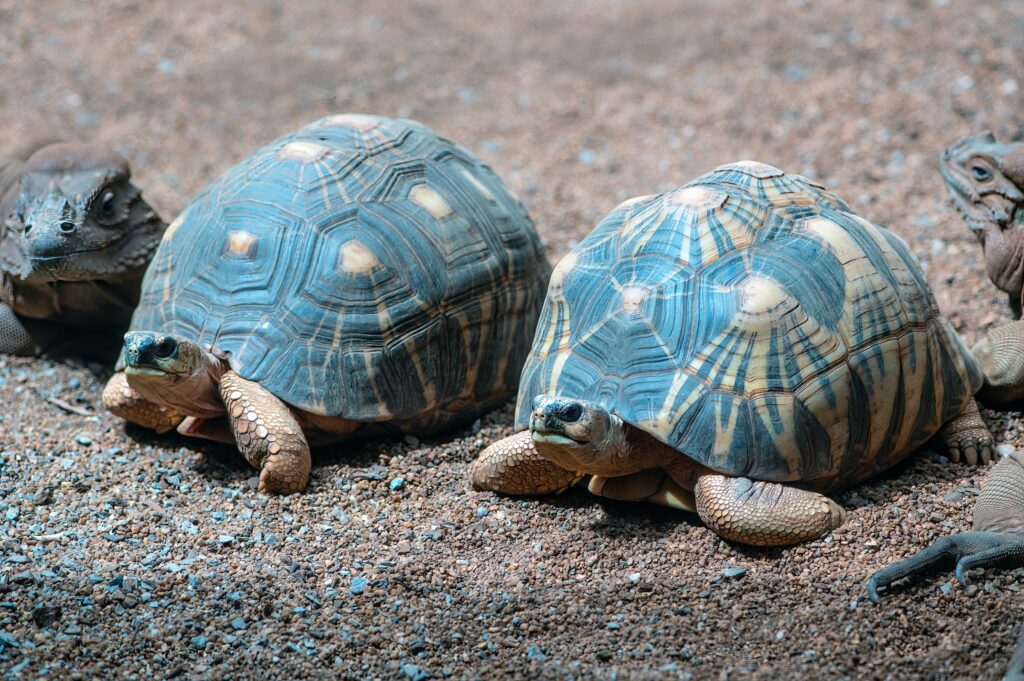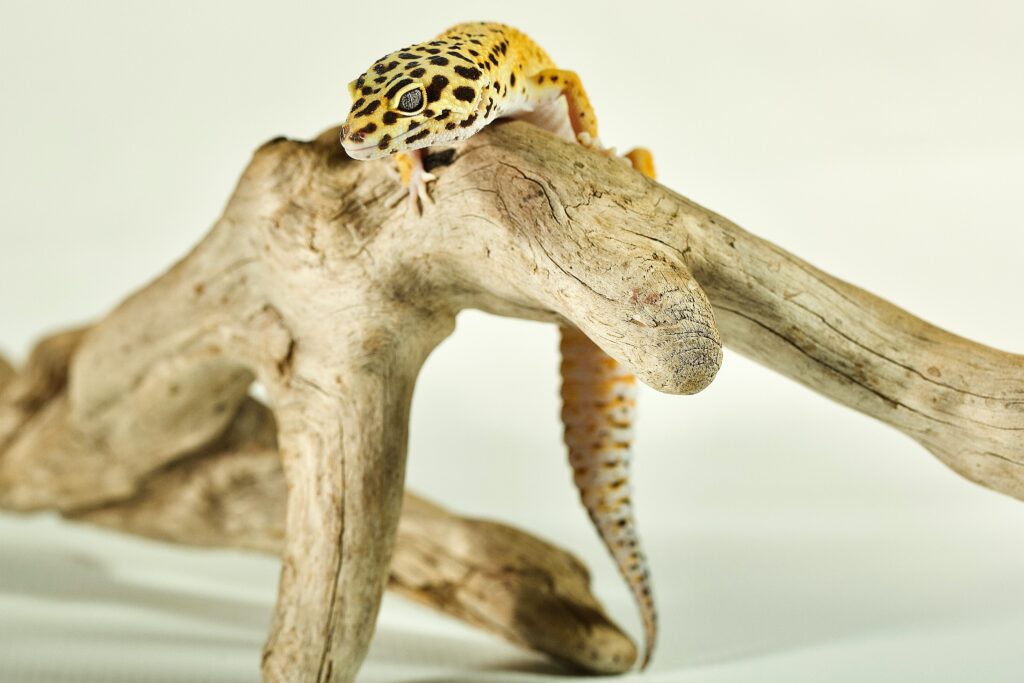
Reptiles have many interesting features that make them enjoyable companions. From turtles to lizards, these fascinating creatures come in all shapes and sizes and can offer abundant love and entertainment as pets. While some may think reptiles are too unusual or delicate to own, you may be surprised how easily they fit into a life with humans as companion pets – while also providing the perfect conversation starter for any home. Here are six common types of reptiles that make great pets.
- Bearded Dragons
Originating from the arid regions of Australia, they are known for their easy-going nature and unique characteristics, such as their beard-like scales that puff out when they feel threatened, hence the name. Bearded Dragons are omnivores with a diet of plants and insects like crickets and mealworms.
They require a habitat with a suitable heat source to mimic their natural environment’s temperature, which can often be achieved with a heat lamp in a terrarium. You can visit Reptiles Time to learn more about the proper environment and set up for a Bearded Dragon. With a lifespan of around 10-15 years, Bearded Dragons can become a long-term companion for those willing to meet their care needs.
- Corn Snakes
These colorful snakes, native to the southeastern United States, are often an ideal choice for beginner reptile owners due to their docile temperament and relatively straightforward care needs. Corn Snakes are nocturnal hunters, mostly feeding on mice in the wild – but they will happily accept pre-killed mice as food when domesticated. Like other reptiles, these snakes require a habitat with a temperature gradient to regulate their body temperature.
They are also great climbers, so be sure to provide plenty of branches and other objects for them to climb on. Corn Snakes can live 8-10 years in captivity with the proper care. For those interested in snake ownership but still deciding whether to commit long-term, these snakes are a great option due to their shorter lifespan.
- Leopard Geckos
Leopard Geckos are mainly insectivores, feeding on insects like crickets and worms in the wild. Leopard Geckos require a setup with two separate areas – one warm side and one cool side – to enable them to thermoregulate. They also need UVB lighting to ensure they get enough Vitamin D in their diet.

With proper care and nutrition, Leopard Geckos can live up to 20 years. Thankfully, you can easily find top quality food for your Leopard Gecko at https://topflightdubia.com/ or at your local pet store. They tend to be shy when first introduced into a home, but they quickly become tame and comfortable as a companion with consistent handling.
- Box Turtles
Box Turtles are among the most iconic reptilian species, often seen in nature documentaries and various media outlets. These popular land turtles make great pets for those willing to commit to providing adequate care and housing needs on an ongoing basis. While Box Turtles have multiple subspecies, all require a safe outdoor habitat with plenty of soil and natural vegetation.
Box Turtles are omnivores, meaning they feed on plants and insects, such as worms and crickets. Their diet should also include a variety of fruits and vegetables for essential nutrients. Box Turtles can live up to 50 years in captivity if given proper care – making these animals an ideal companion for those interested in a long-term commitment.
- Red-Eared Sliders
Red-Eared Sliders are one of the most recognizable aquatic turtle species, native to North America and parts of Mexico. These turtles can also grow large, reaching up to 12 inches or more, making them better suited for the outdoor pond rather than an indoor tank. They are omnivores, feeding on aquatic plants and small invertebrates like worms and insects.
In the wild Red-Eared Sliders can live up to 30 years. However, this number is reduced in captivity due to improper care and husbandry. These turtles need a habitat with plenty of space to swim and bask and a basking platform to climb on.
- Russian Tortoises
Russian Tortoises are a small species of tortoise native to Central Asia and parts of Africa. They tend to have a shy temperament and usually become accustomed to human contact in time. Russian Tortoises are herbivores, meaning their diet should consist mainly of leafy greens and plants and occasional treats like fruits and vegetables.
In the wild, they are known to dig burrows and dwell in dry, arid habitats, so their home should be set up with this in mind. They need a habitat with plenty of substrates for digging and a temperature gradient to help regulate body heat.
Reptiles can make great pets for those willing to meet their unique care needs and provide them with the proper environment. Whether you are just starting in reptile ownership or are an experienced enthusiast, there’s a wide variety of reptiles to choose from that can offer love and companionship over many years. With the proper research and dedication, you can find the perfect reptile pet that fits your lifestyle and provide a safe home to enjoy for many years.












